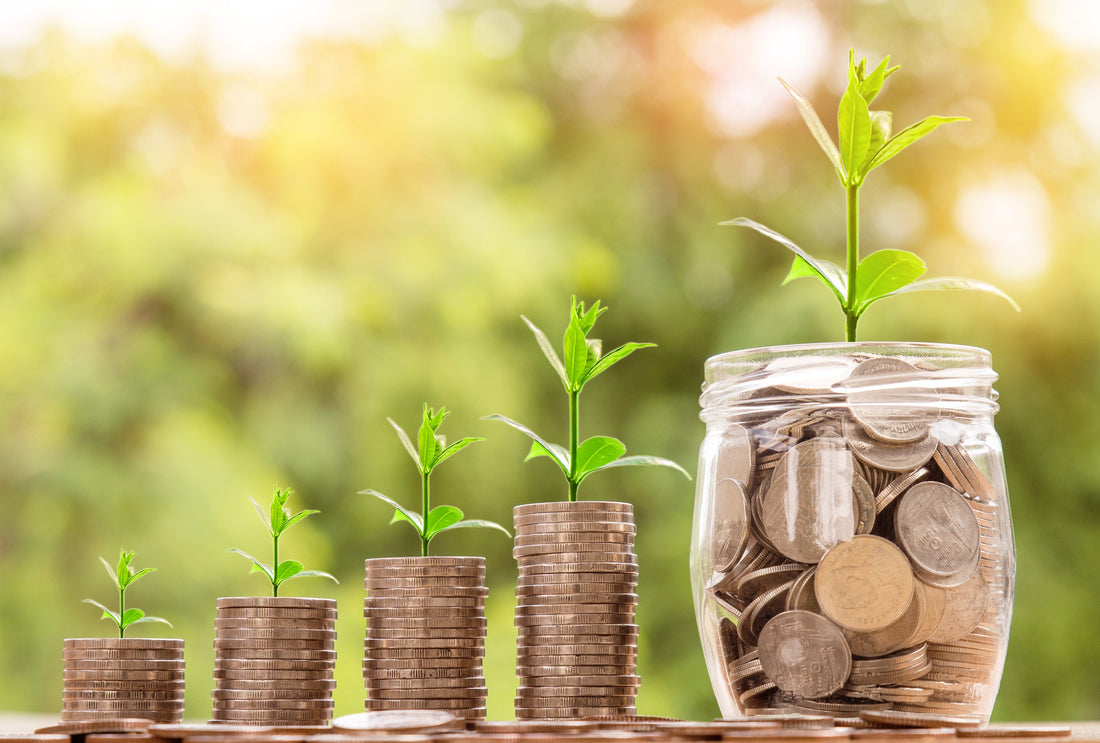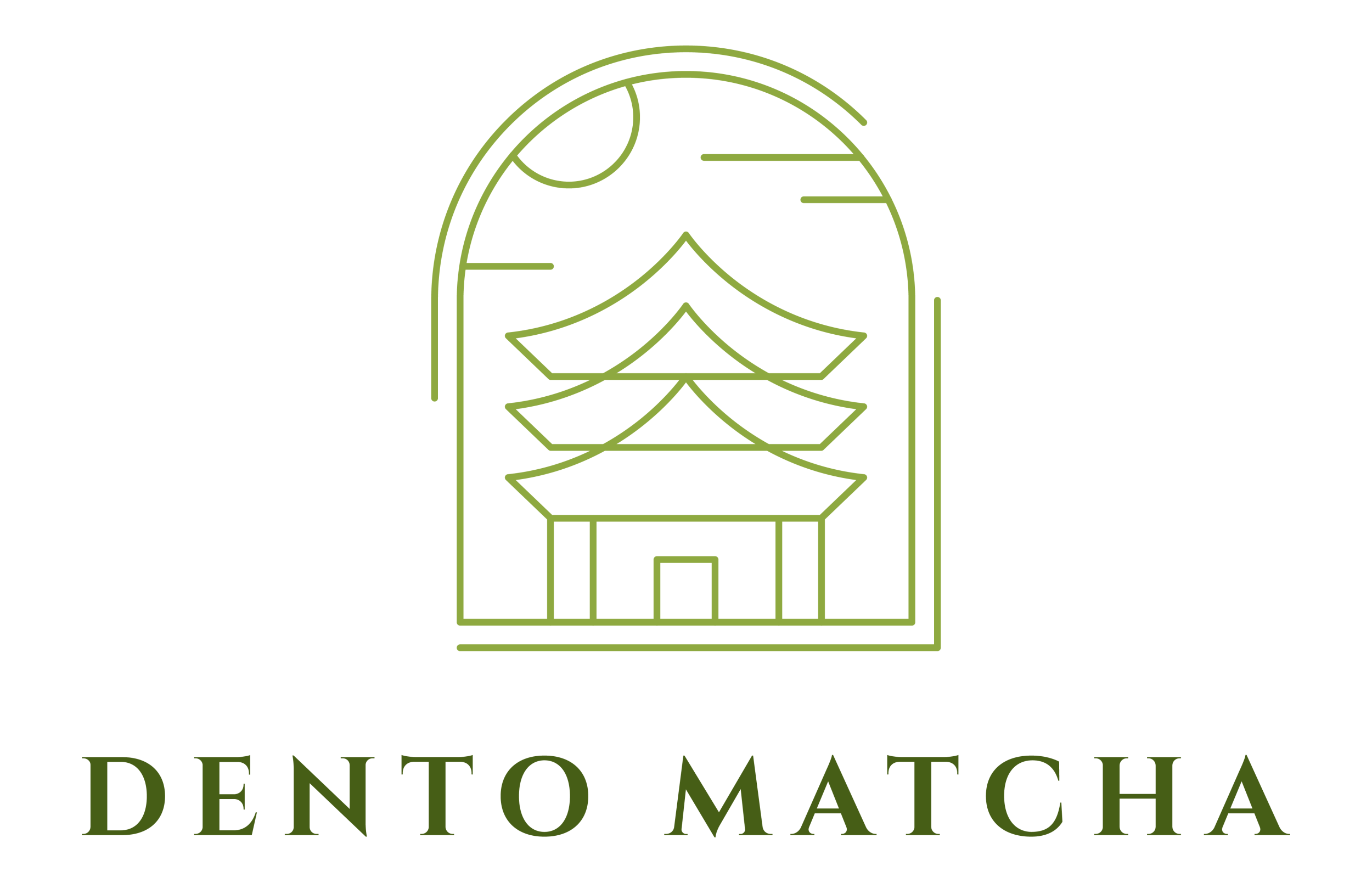
Why Is Matcha So Expensive?
Share
Matcha, the finely ground powder made from specially cultivated and processed green tea leaves, is renowned for its vibrant color, unique taste, and health benefits. Its high price can be attributed to several key factors:
1. Labor-Intensive Cultivation:
Growing matcha involves meticulous and labor-intensive methods. About three weeks before harvest, the tea plants are shaded to boost their chlorophyll and amino acid content, contributing to matcha’s rich color and signature umami flavor. This shading process requires careful management and additional resources.
2. Handpicked Leaves:
Only the youngest, most tender leaves are harvested by hand for matcha production. This selective harvesting ensures high quality but limits the volume of usable leaves.
3. Specialized Processing Techniques:
After harvesting, the leaves are steamed to prevent oxidation, then dried and stripped of stems and veins. The remaining leaf material, called tencha, is stone-ground into an ultra-fine powder. Each step—especially grinding—is time-consuming and demands specialized equipment and expertise.
4. Strict Quality Control:
Premium matcha, especially ceremonial grade, undergoes rigorous quality control to ensure the right texture, color, and taste. These high standards contribute to overall production costs.
5. Limited Production Regions:
The finest matcha comes from specific regions in Japan, such as Uji and Nishio, where climate and soil conditions are ideal for cultivating high-quality tea leaves. The limited geographic area restricts supply and raises prices.
6. Health Benefits and Market Demand:
Matcha is rich in antioxidants, particularly catechins, which are associated with numerous health benefits. Growing global demand for health-focused and high-quality products further drives up its market value.
Conclusion:
The relatively high cost of matcha is the result of a combination of labor-intensive farming, meticulous leaf selection and processing, strict quality standards, limited regional production, and strong global demand. You're not just paying for tea—you're investing in tradition, craftsmanship, and wellness.

